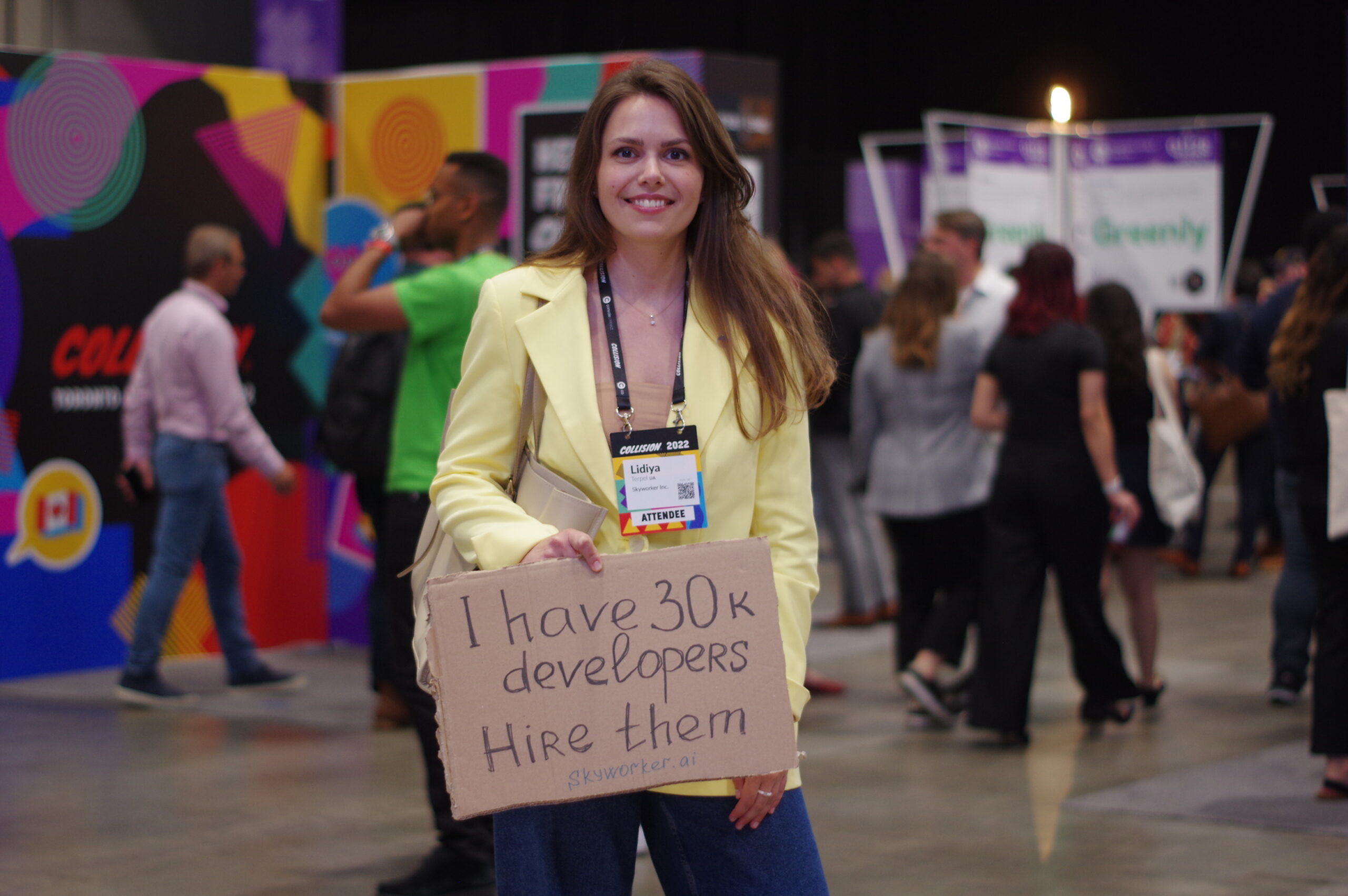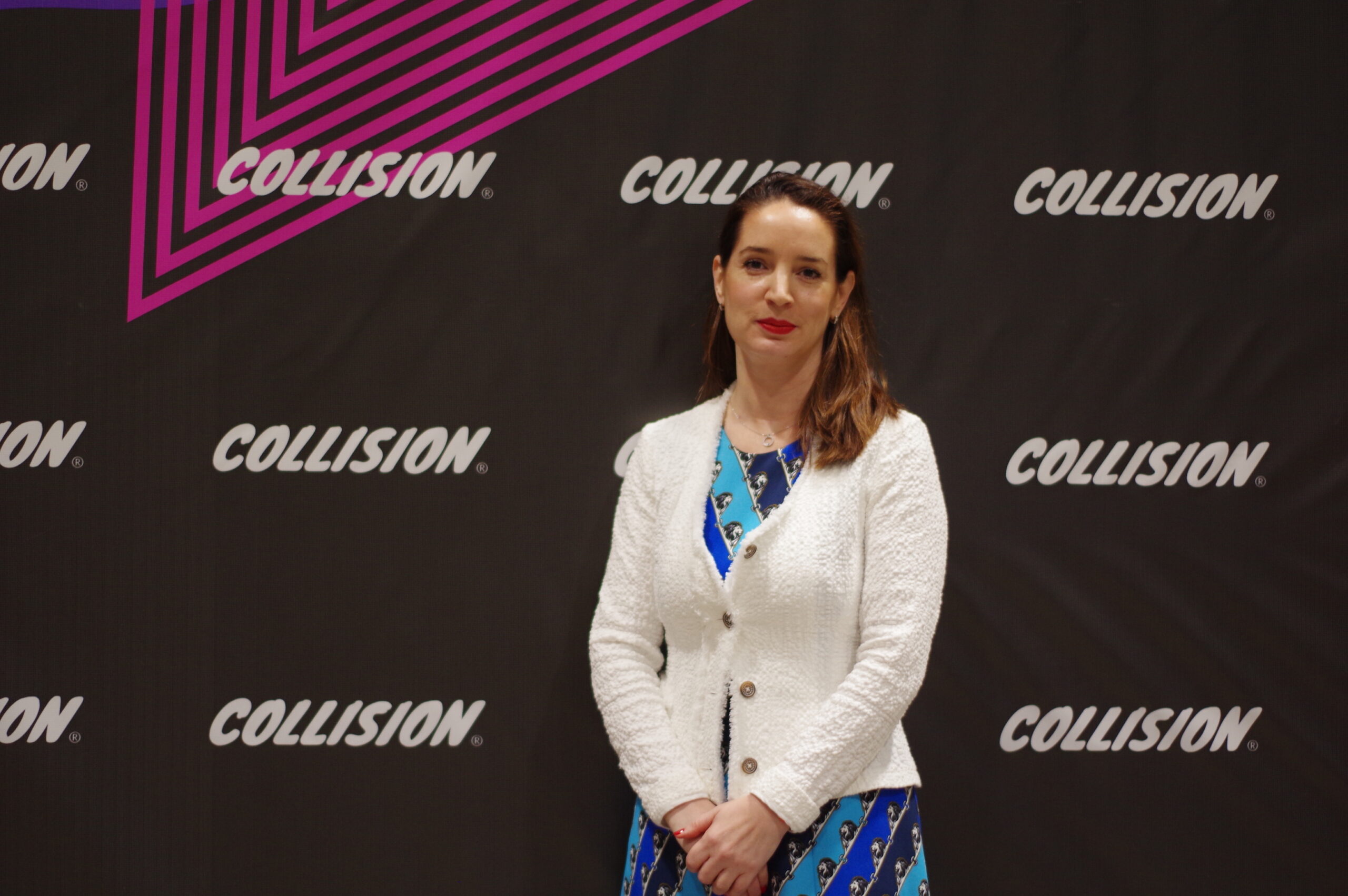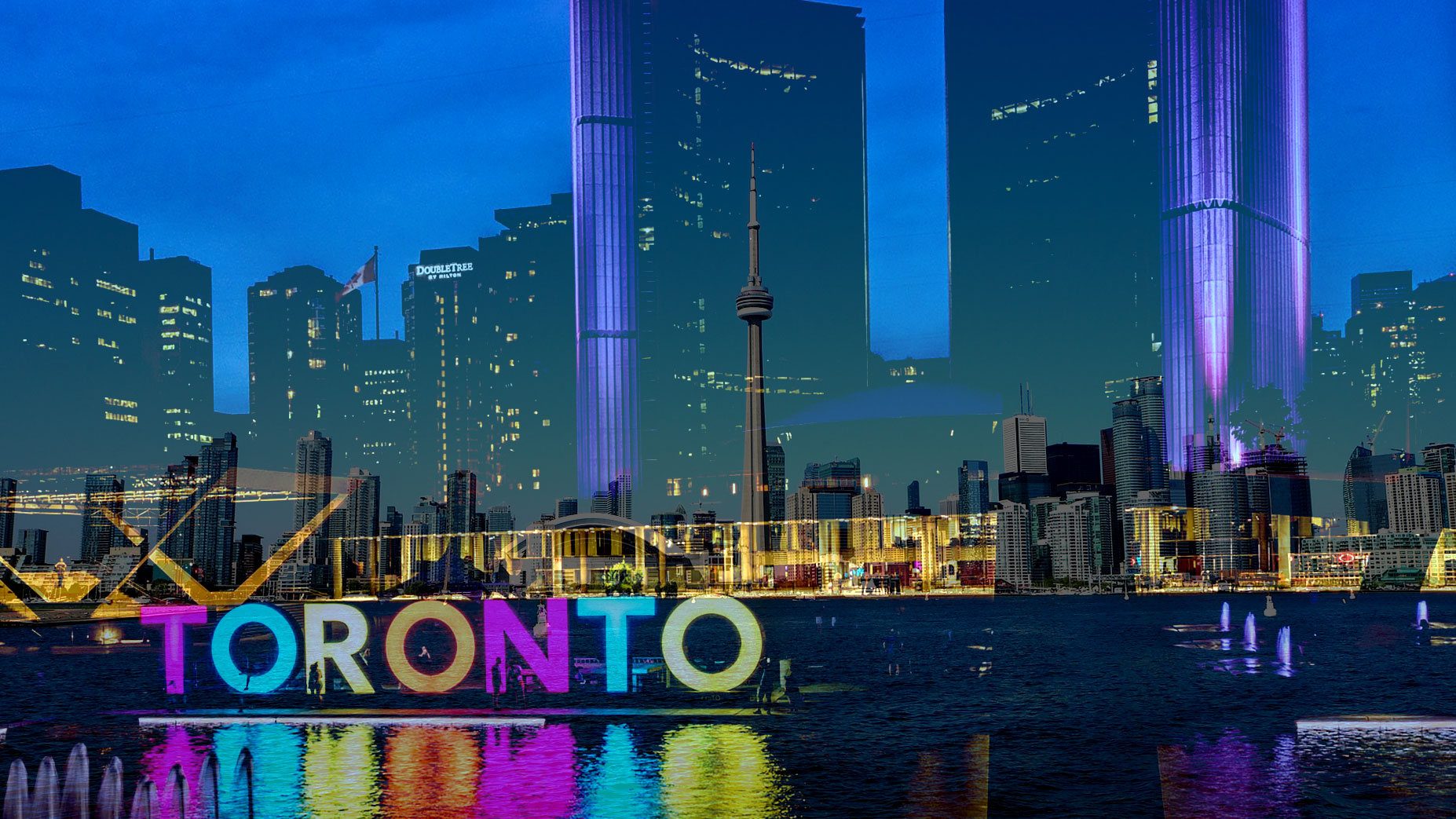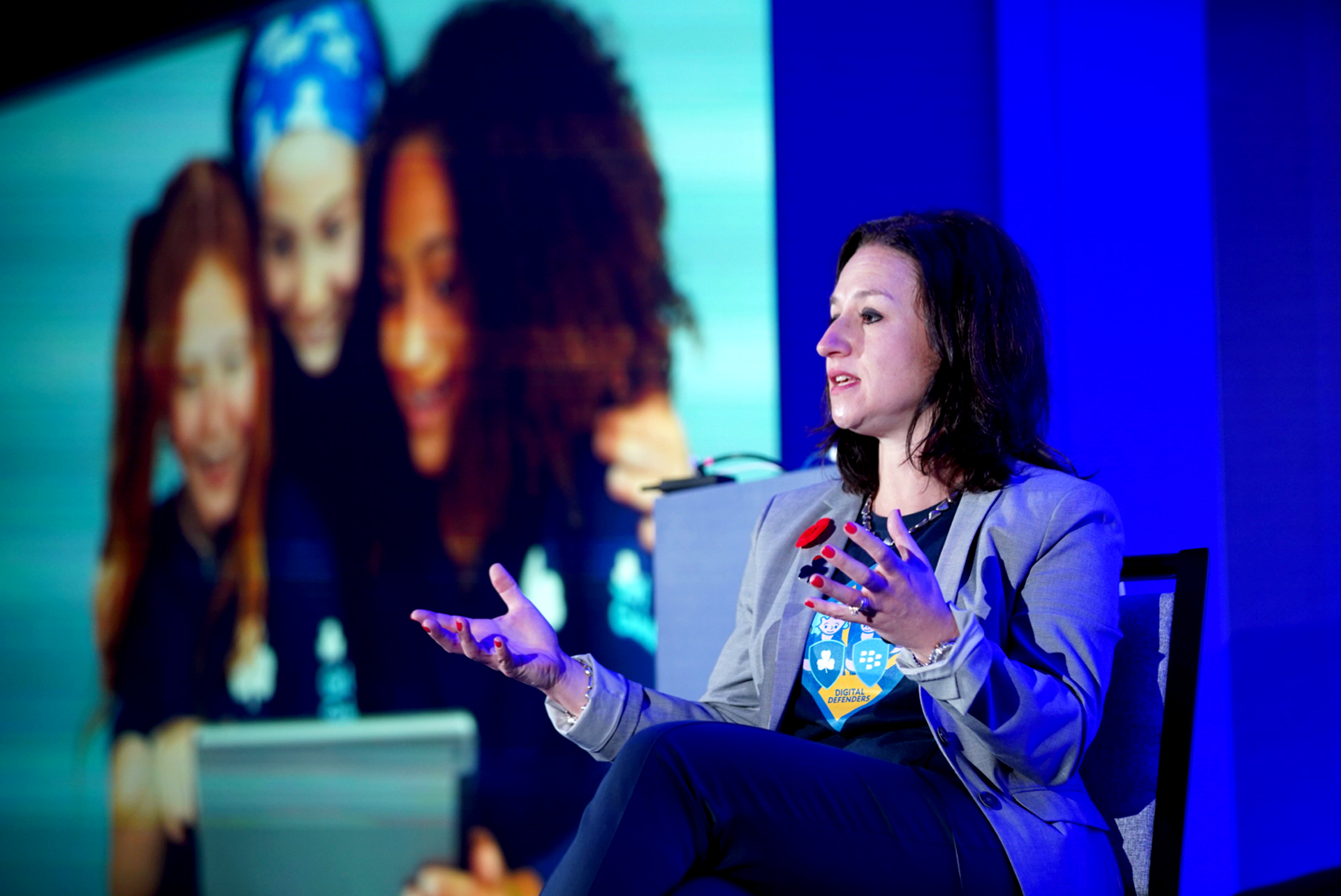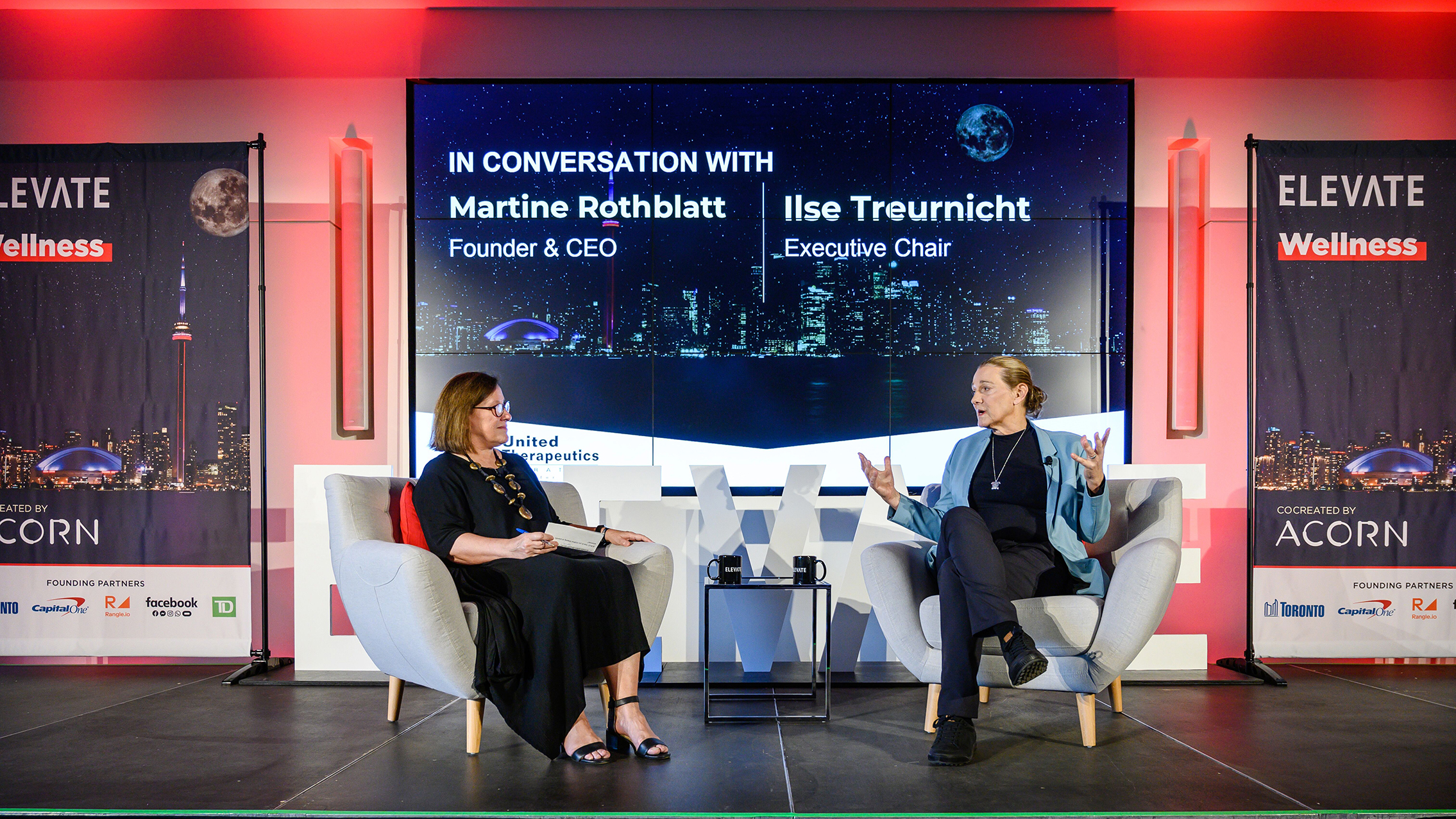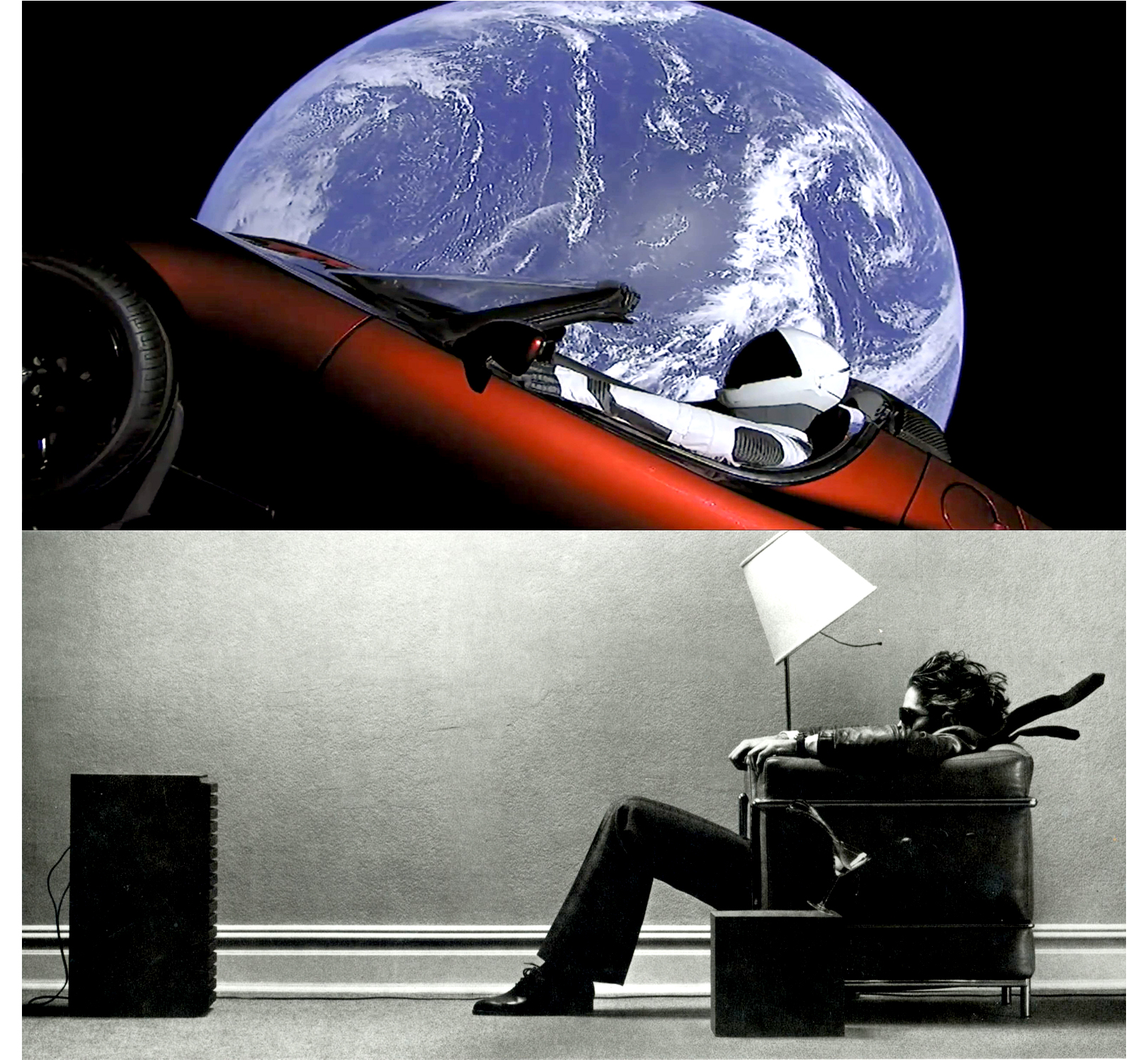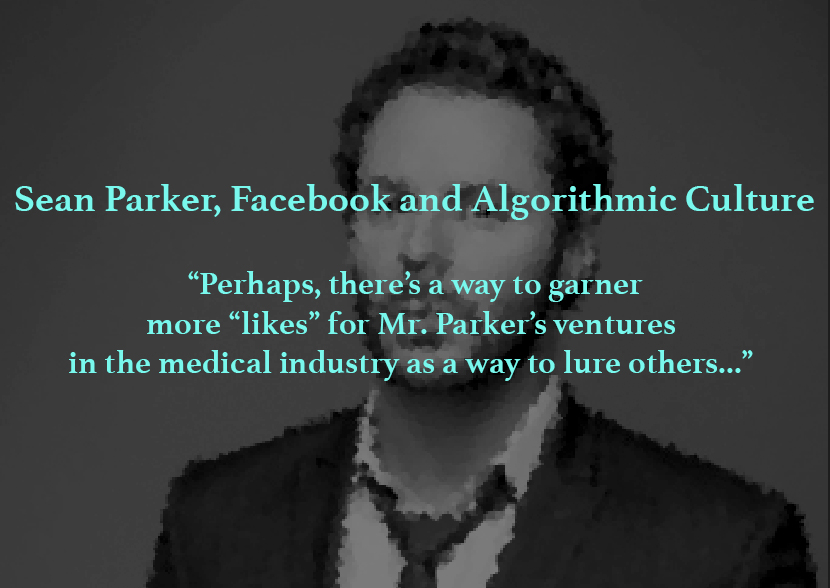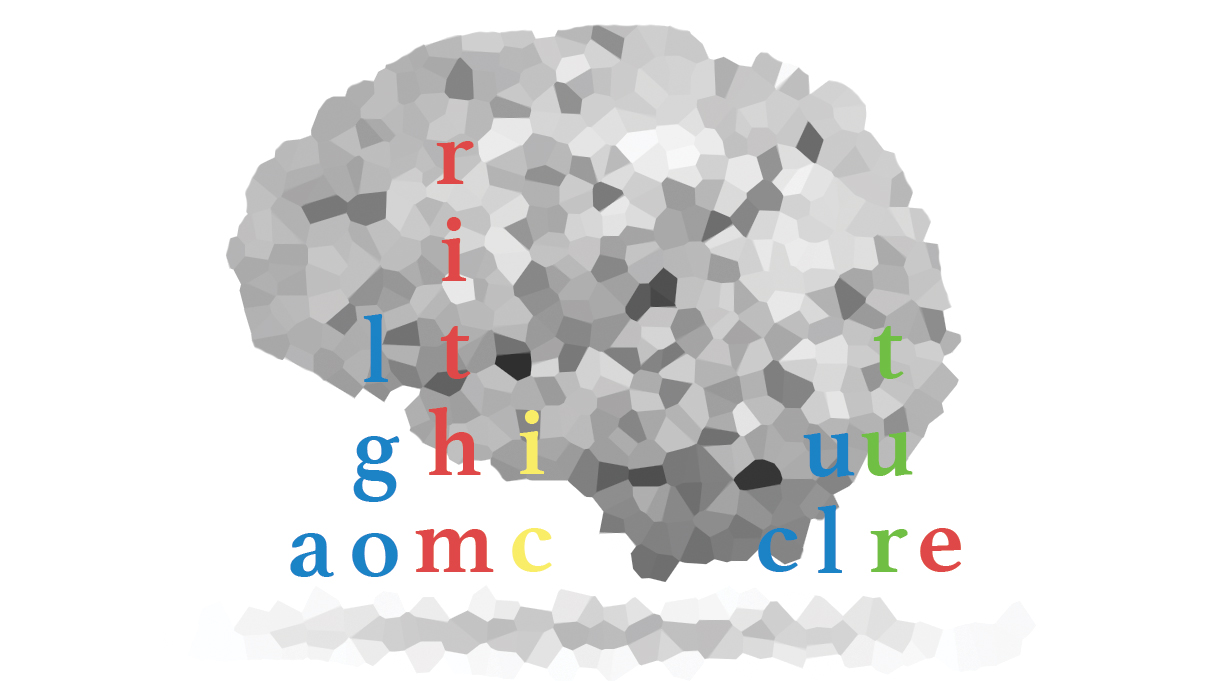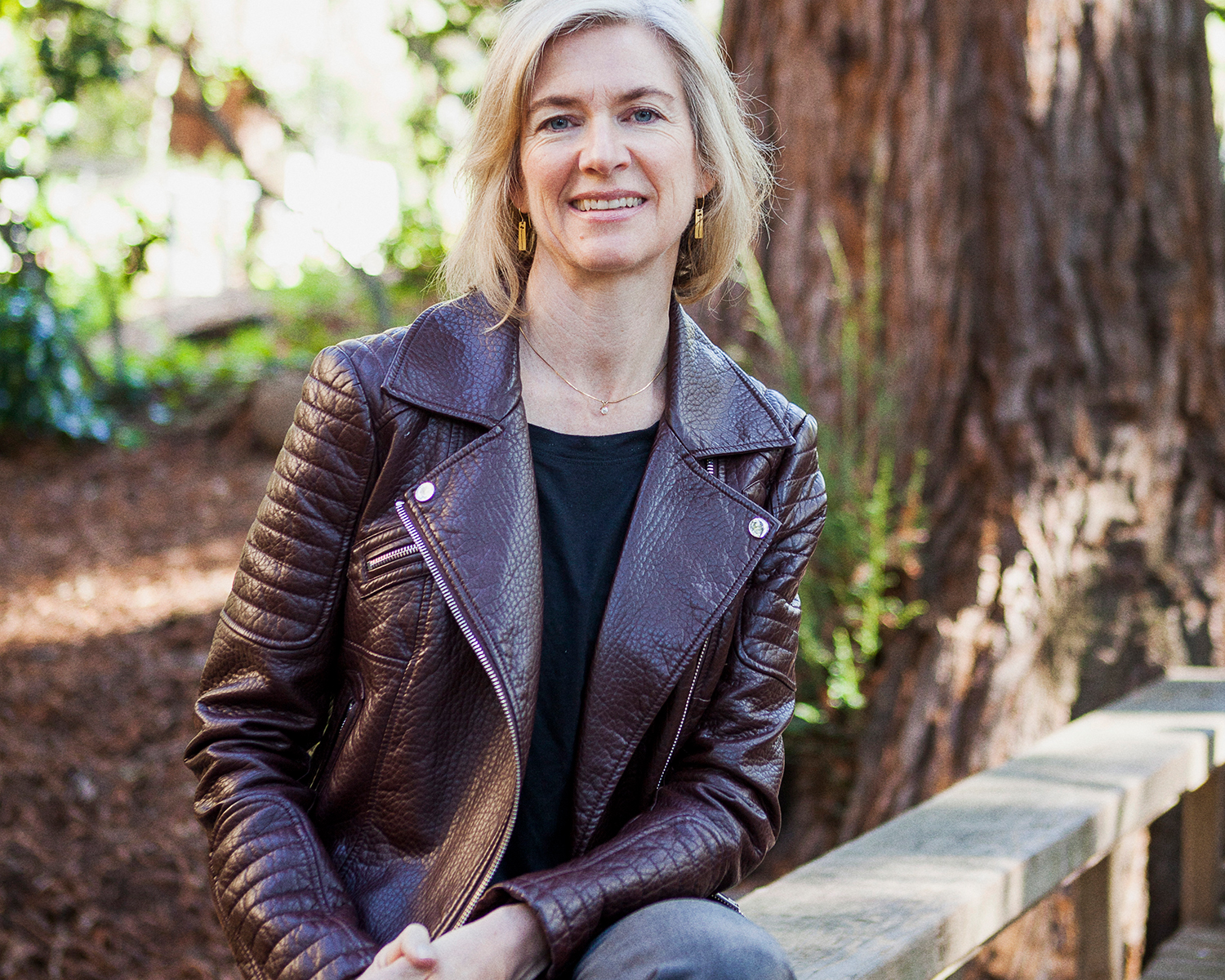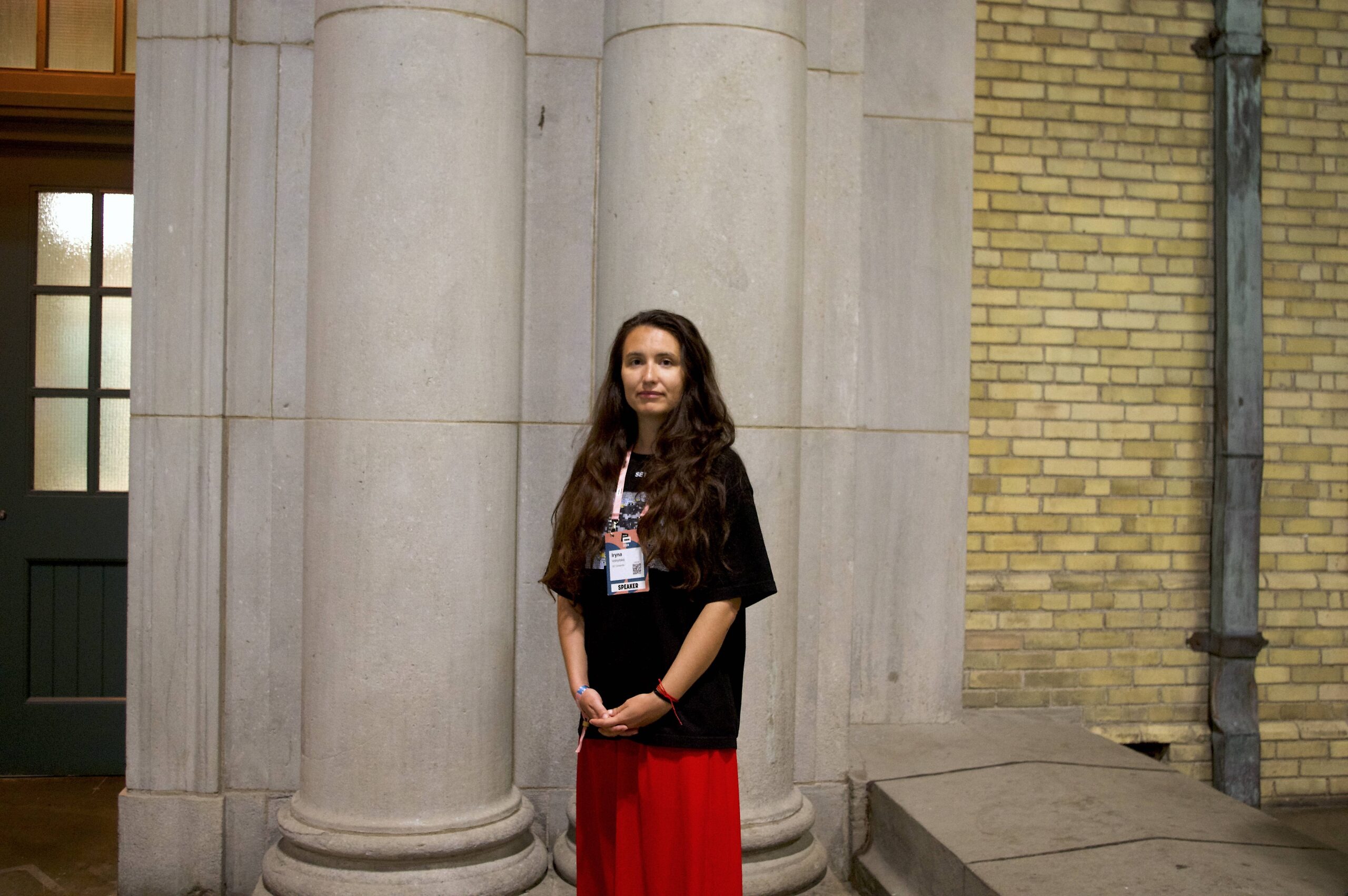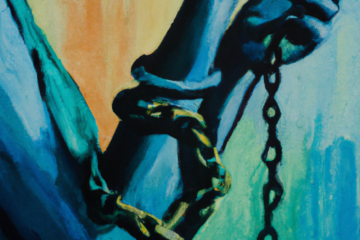
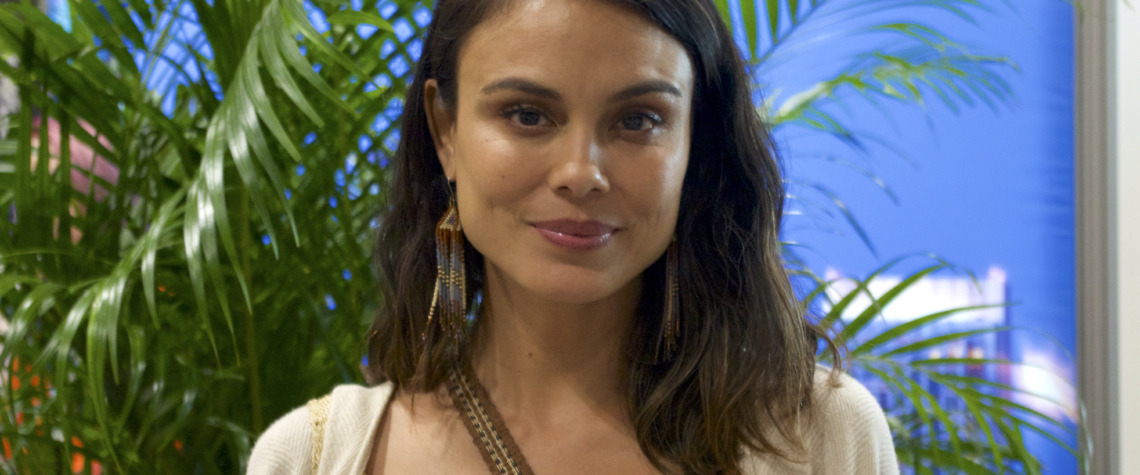
Arriving in Toronto for one of tech's meccas, an impassioned Nathalie Kelley shares her thoughts on biodiversity and community-focused approaches in implementing alternative technologies.
As I feel a tap on my shoulder by an event organizer, forcing me to turn around, I’m met with a surprise and a welcoming smile. It’s Nathalie Kelley—who I was scheduled to meet—arriving earlier than expected. Kelley’s smile beams like a lighthouse atop her frame; the latter draped in a fully beaded dress, cotton sweater, and accessorized all in earthy tones. As I would soon learn, this colourful ensemble would be a prelude of her earthly spirit. And, though petite, there is nothing diminutive about Nathalie Kelley’s environmental aspirations.
Admittedly, I knew little about Kelley prior to the interview, except that she is an actor and an activist and a proud Peruvian with Indigenous roots. In a way, she stands out from the hordes of people who attend the prestigious tech conference in Toronto. With thousands in attendance desperately clamouring for venture capitalists to secure their next seed round, Kelley strides with an air of confidence and a slight dismissal of the noise around her.
After we sit down, her smile slowly turns in expression to one of mild distrust while her folded arms hint that a possible confrontation is nigh. And, why not? This is a tech conference after all, where most play into the game of numbers, spreadsheets, metadata and big data. Being an activist, by design, is to be oppositional, but her piercing stare is more disarming than judgmental. In this environment, one might say Kelley exudes dissidence, someone satisfied with the bare necessities and the occasional thumbing-of-the-nose toward avarice.
She is impressive and formidable from the outset. A good look into her eyes informs she’s not to be taken lightly, especially when it comes to her passionate opinions on how societies are veering from their sensible tracks all in the name of growth and scalability; or so I would soon learn. Within minutes of opening pleasantries one gets the sense that Kelley is very grounded, not seduced by the glamour of Hollywood and all the self-absorptions that often fester therein. She could seamlessly blend in with any crowd, but maybe all of this is tied to her being an Aussie. Having spent considerable time in Australia, I can attest to the rumours about their general down-to-earth nature, friendliness and hospitality.
Kelley is worldly in that she has lived in and travels to many countries, but she is also a woman of identity; that is to say, she conveys an awareness of who she is as a defiant, strong-willed woman and knows exactly what she wants to see in life. Perhaps more importantly, she embraces her Indigenous Peruvian roots though she moved to Australia with her parents at the age of three. She describes herself as a Quechua story-teller, and in part, her background and travels have bestowed her the experiences that over time have shaped her perspectives.
And within this purview, Kelley will tell you with conviction her concerns for the planet and the course with which we as a collective have decided to embark. Kelley has made it her mission to help shepherd—in whatever way she can—alternative perspectives; and in her terms, she will do so mostly by providing them to counter the all-in devotion we have to modern-day technology as a means of progress. There are blind spots to society’s ambitions and Kelley wants to hold a light to them as she so implicitly and humbly explains:
What brings Nathalie Kelley to Collision 2024?
“As someone who comes from an Indigenous culture, that evolved over thousands of years, in a deep understanding of the interconnectedness of the web of life and all living beings that created technologies that were tools for collaboration, I look around today at the technologies, quote, unquote, being applauded and applauded and sold, and I don’t see them as…I don’t see this as progress. I don’t see this as the epitome of human ingenuity and creativity. And I point to the proven fact that we are actually using less of our brains and our palaeolithic ancestors to prove my point. I think that these are technologies that have been borne out of a consumer monoculture, that are tools to enslave us to this consumer monoculture, to separate us from nature, to make us forget our true purpose, which is to be stewards of the earth, and to build biodiversity rather than destroy it. So, I’m here to present Lo—TEK, local traditional ecological knowledge, as the antidote, an alternative to the high technological solutions being presented here today.”
When asked how Lo—TEK—an organization inspired by radical indigenism with an advisory group focused on griot-like oral traditions that seeks to educate and apply Indigenous knowledge and tech—would approach solutions to the ever-growing demands of technology; Nathalie, an official advisor with Lo—TEK, says she’s “under no illusion” that her “lone little voice” (to expound on the benefits of regenerating topsoil with fire, for example) would cut through the howls of projected endless prosperity.
She explains that she’s “planting seeds” into the curious-minded, confidently knowing she isn’t the only one who questions unmitigated growth through modern technological means. She says, “Area of explosive growth!” is a constant phrase she hears at the conference. This resounding chorus she says, “Strikes fear in my heart” and what we need to do is “press pause” on what she sees is potentially a more darker, dangerous path.

Surrounded by eager entrepreneurs and venture capitalists and against a backdrop of startup booths, Nathalie’s “little voice” was ostensibly mousy amidst the theme of all-things AI—the dominant buzzword at this year’s Collision Conference. Nathalie explains that despite this urgency for explosive growth, there are technologies that needn’t quarrying of precious minerals, or the production and use of chemicals, and the systematic raking of the planet, in order to sustain balance or to repair the damages we incur today or in the future.
“Indigenous technologies have the power to clean water through bioremediation plants and aquatic life, mycoremediaton which is the use of mushrooms to clean up toxic waste, nuclear waste and oil spills. These are water filtration systems that don’t require any electric, gas or fossil fuel input […] building topsoil, that’s an urgent technology we need right now…” She goes on to say that the Western mind is consumed with the idea of, “Is it scalable?” She freely admits that this approach—if not her personal environmental directive—is radical in the face of modern-day standards and practices that are staid in corporate culture, that there’s a clear need for “technologies that belong to communities that evolve out of local needs and are created by local communities to solve local problems” which can circumvent any corporate ambitions deemed dubious to a community.
Critical to Kelley is that societies begin to listen to “Indigenous cultures that have lived, that never forgot the original instructions on how we’re supposed to live on this earth” and to start healing it from all the ravages of industrial modernity. Once we start repairing our topsoil, nourish biodiversity and cleaning our oceans then maybe, she says, “We can go back to see if we want or need all the apps and the robots and the AI. But first comes first, let’s make sure our home is still around.”
Kelley also adds that she doesn’t want others to think she has romanticized notions either. She understands that all civilizations, including those of Indigenous origins, do not have a perfect record on civility and that hierarchical structures have always existed, oftentimes to our detriment. Hierarchical structures throughout societies contribute to what Kelley believes is an emphasis on domination over collaboration, referencing perhaps a need for a “matriarchal paradigm” one that isn’t about “women dominating over men” but one of general equality for all.
The interview continues as the film star brings up her father and brother, both of whom have computer science backgrounds; the latter a coder at Palantir, which made for interesting conversation. As entities, Nathalie Kelley the activist and the company Palantir, couldn’t seem more opposite. Her voice becomes even more timorous with earnestness when speaking of her brother working for Peter Thiel’s company. Not wanting to disclose too much, Kelley—somewhat optimistically—sees at least one benefit in algorithmic efficiencies, or in other words an expression of hierarchies at the company: Palantir, she goes on to say, created an algorithm to predict the shelf life of medicines to reduce pharmaceutical waste. But, as she notes, use of this technology doesn’t stop at seemingly altruistic purposes. Kelley highlights that power structures and their potential for abuse can have pernicious consequences.
“On this continent (North America) we had food systems that are still in use today after 8,000 years—8,000 years of food systems! I’m talking about Milpa forest in Mexico, for example; the agroforestry practice where they grew forests, a controlled burn, and then they gradually grew a forest that would have 90% of its plants useful to humans in some way through food or medicine. [A traditional farming system called the milpa is an ancient Maya tradition, a system that involves intercropping.]
So they bioengineered all the forests of the Amazon and Mesoamerica to be these pharmacies, to be these supermarkets, to be hotspots of biodiversity. That’s still in use after 8,000 years. Modern food systems have all collapsed under 400. We talked about the plastic example. So why are we going to believe that AI is going to have a rosy positive outcome?”
The plastic example that Kelley is in part referring to is the recent news of plastic being found in human testicles. The decades-long adoption of cheap, disposable plastics into everyday life has resulted in them being deeply embedded in our systems, the full consequences of which are yet unknown.
Without ever explicitly referencing the term, the Anthropocene is likely a source of Kelley’s ardent environmental focus, ever-lingering passions and anxieties. If she weren’t at a tech conference espousing the benefits of community-focused approaches to tackling and preventing environmental damage, she could be a docent or a tour guide for an Edward Burtynsky exhibit.
Few who hold similar opinions in the entertainment industry possess a marriage of eloquence, intelligence and insight as Nathalie, backed by the same unrelenting devotion and affection to their cause. When asked if she had any future political ambitions, Kelley made it clear she has no desire to enter into a system that is “rotten to the core, designed with profit and exploitation in mind”.
Her attitude toward politics is tinged with cynicism, citing the endless posturing inside many governments in relation to Indigenous communities throughout the world as merely gestural at best. What good is it to play the game when the game is already rigged? Again, reverting to her mission, she says she wants to see the localizing of power along with “food, energy and water and build resilience to small regional communities,” opting for a more decentralized, bottom-up system of decision making. When pressed further that both her passions for change and protection of communities and cultures would benefit her having a seat at the political table, she argues that the seat is benign and that her ambitions are to create seismic cultural changes through her industry as a contributor in telling stories. “I think the stories that we tell as humans guide where we go in the future, and that’s why I’m here telling these stories. I’m presenting an alternative ending for the story of humanity, because the ending right now is pretty obvious.”


